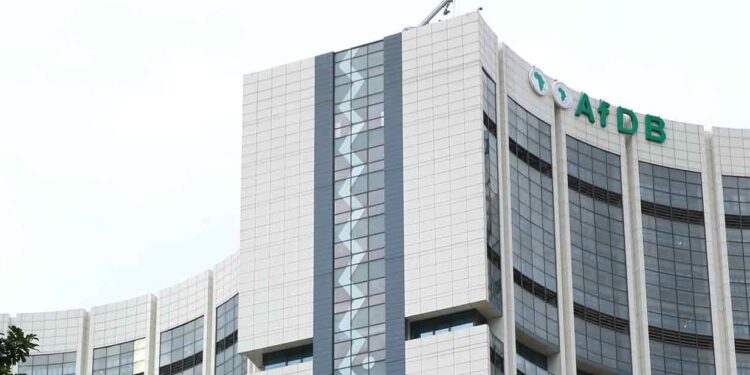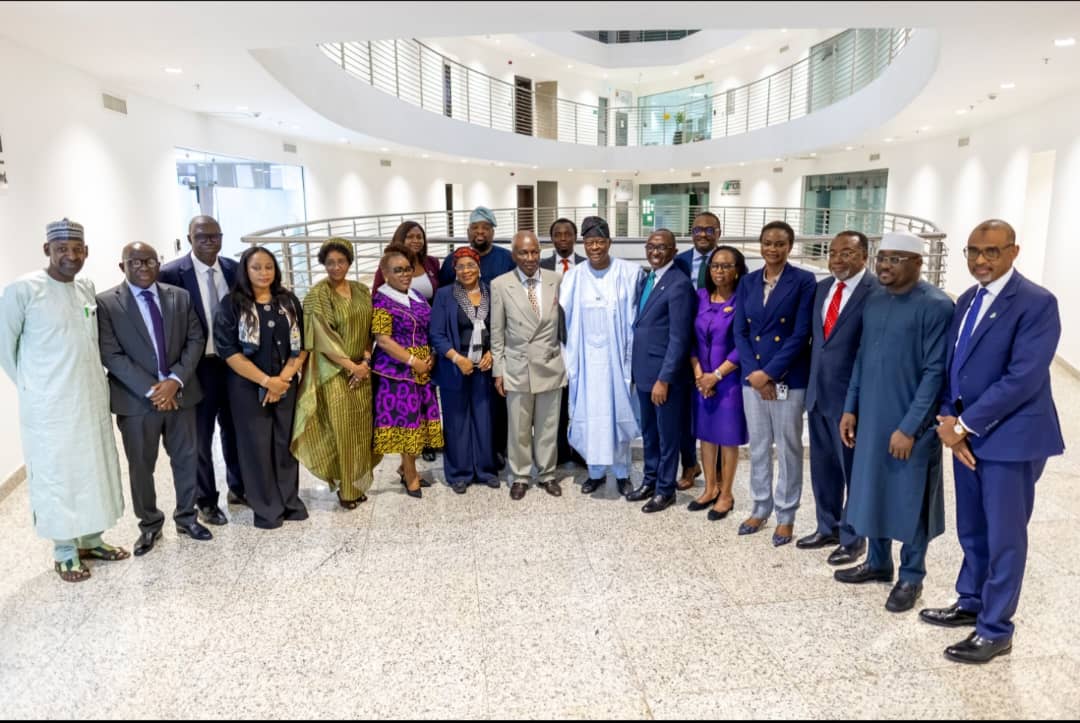The African Development Bank Group (AfDB) has approved a new five-year Country Strategy Paper (CSP) for Nigeria, committing about $650 million annually between 2025 and 2030 to drive economic transformation, build resilience, and promote broad-based prosperity.
The Bank disclosed this in a statement published on its website on Thursday, stating that it will provide $2.95 billion over the first four years of the plan, with an additional $3.21 billion expected from development partners through co-financing.
According to the AfDB, the strategy focuses on two priority areas: promoting sustainable, climate-smart infrastructure to enhance competitiveness and industrial development, and advancing gender- and youth-inclusive green growth through industrialisation.
It stated, “The Board of Directors of the African Development Bank Group has a new five-year Country Strategy Paper (2025-2030) for Nigeria, committing about $650 million annually to drive economic transformation, build resilience, and foster broad-based prosperity across the country.
“Under the new strategy, the Bank will provide $2.95 billion over the first four years, complemented by an estimated $3.21 billion in co-financing from development partners.”
Focus on infrastructure and inclusive growth
The AfDB noted that the strategy aims to close Nigeria’s critical infrastructure gap, estimated at $2.3 trillion between 2020 and 2043, by investing in climate-resilient roads, expanding electricity supply, improving water systems, and supporting agribusinesses that create jobs, particularly for women and youth.
The Bank’s investments are projected to support Nigeria’s ambition to double the size of its economy to $1 trillion and create about 1,561,000 jobs during the period.
The strategy is aligned with Nigeria’s development plans, including Agenda 2050, the National Development Plan 2021–2025, and the 2023 Renewed Hope Agenda. It also seeks to boost Nigeria’s participation in the African Continental Free Trade Area (AfCFTA) by improving energy access, transportation networks, and market opportunities for farmers and businesses.
Commenting on the new plan, Abdul Kamara, Director General of the African Development Bank’s Nigeria Country Department, said, “This strategy takes a transformative partnership between the Bank and Nigeria to a new level. By investing in sustainable infrastructure and inclusive agricultural growth, we are not only building roads, power systems, and transforming agriculture – we are building pathways to prosperity for millions of Nigerians.”
Millions of Nigerians, including women, youth, micro, small and medium-sized enterprises, state governments, and rural communities, are expected to benefit from improved access to finance, enhanced supply chains, vocational training, and new business opportunities.
The AfDB added that women entrepreneurs would receive targeted support under programmes such as the Affirmative Finance Action for Women in Africa (AFAWA), while young people would be equipped with critical skills to address unemployment challenges.
The Bank further noted that by supporting greener and more resilient infrastructure and agricultural systems, the strategy would strengthen Nigeria’s adaptation efforts to climate change, help mitigate the effects of floods and droughts, reduce farmer-herder conflicts, and contribute to a more sustainable and united economy.





